Japan promotes 4-day work-week option

The government is supporting the proposal to let employees choose a four-day work week in its annual economic policy guideline.
Singapore maintains WFH as default arrangement, extends jobs support

Workers cannot be cross-deployed to multiple worksites, and employers need to implement flexible working hours and staggered start times.
South Korea rejects further extension to delay 52-hour work week
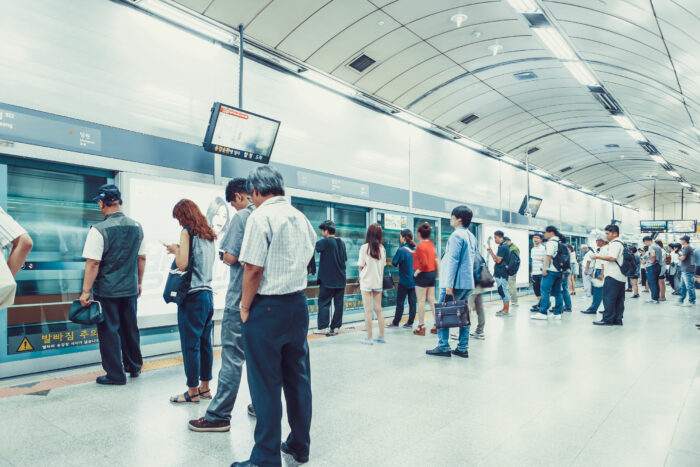
Companies employing between five and 49 workers will have to comply with the 52-hour work week by next month.
Taiwan shortens rest times between shifts for workers

The Ministry of Labour (MOL) has temporarily lowered the number of rest hours workers must get between shifts from 11 to eight for four industries.
Companies in Singapore to adopt WFH as default arrangement

Businesses are advised to stagger the start times of employees and implement flexible working hours, and refrain from cross-deploying workers.
Singapore companies advised to test staff regularly for COVID-19

Employers with staff who need to work in high-risk environments should implement testing for them on a regular basis, says Enterprise Singapore.
Vietnam prime minister urges for relaxation of overly strict lockdowns
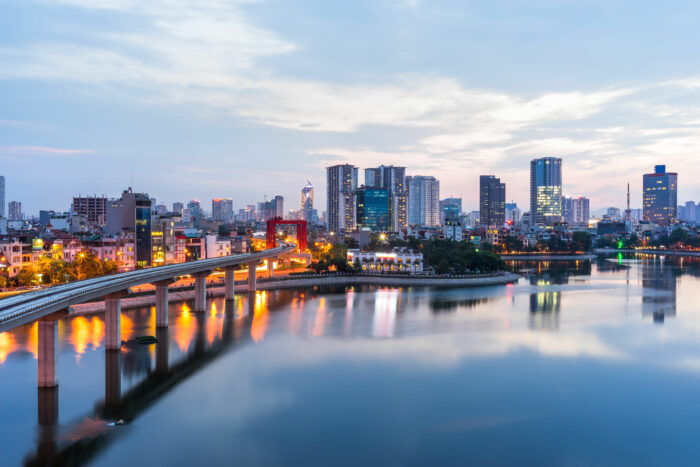
Local governments have been urged to relax overly strict lockdowns that are affecting production and business activity in some provinces.
Malaysian employers cannot force non-essential service workers to office

Staff are encouraged to report incidents where their workplace exceeds the 60% capacity, or they are asked to work despite the need for quarantine.
Malaysia mulls giving more power to JTKSM to police WFH SOP

The Department of Labour could be given more authority to penalise companies who fail to comply to WFH orders.
Singapore likely to relax COVID-19 restrictions after June 13
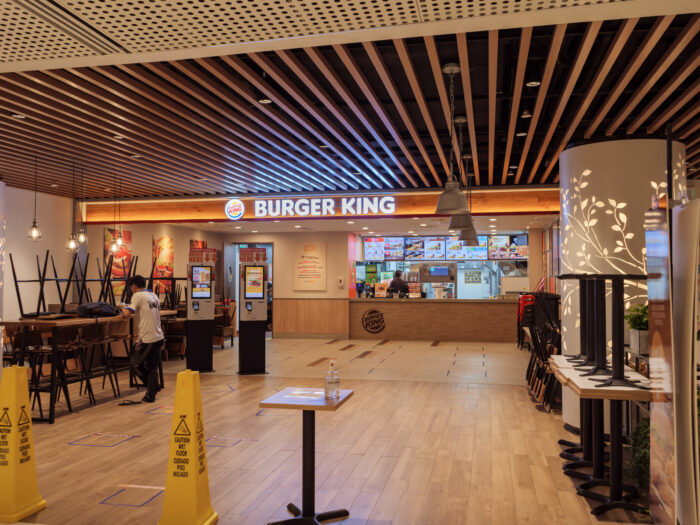
Enhanced wage support for select businesses affected by the city-state’s tighter measures has also been announced.
Cambodia government officials call for paid leave days for vaccination

A statement has been issued to all factories and enterprises mandating that workers be given a paid day off in order to get vaccinated.
Malaysian SMEs told to self-enforce MCO SOPs
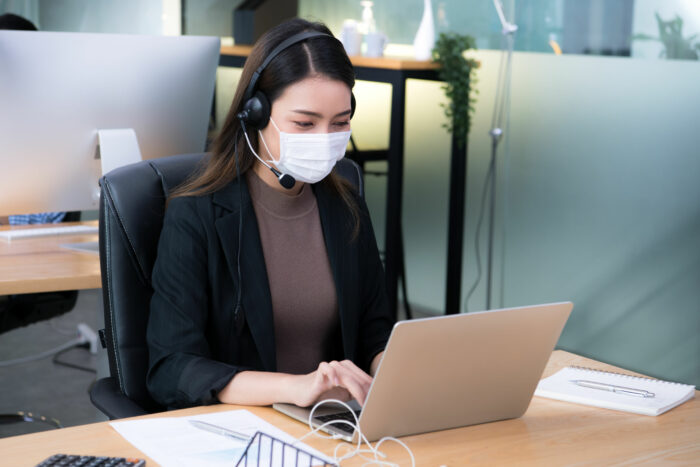
Businesses have been told to form their own internal audit committees to ensure compliance to the stricter SOPs under the MCO.
Malaysia calls on small businesses to prepare operating under stricter SOPs
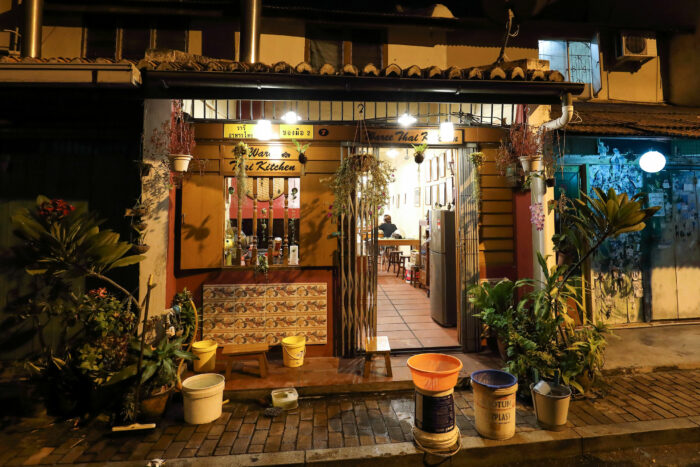
These include making sure that premises are equipped with a safe entry QR code, thermometers and hand sanitisers
South Korea’s proposed bill protects workers’ rights when companies split
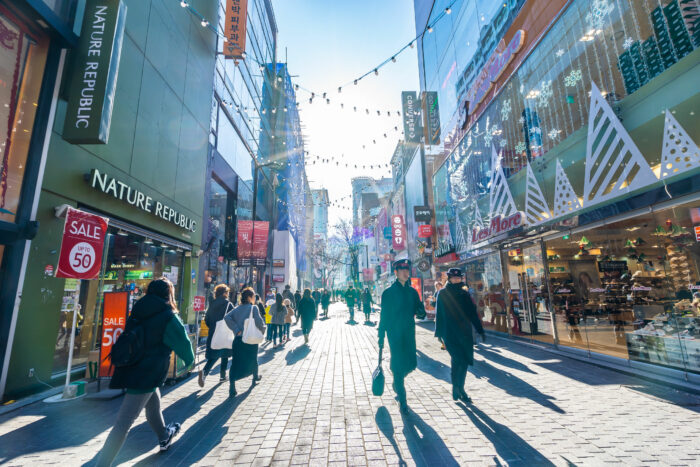
South Korea’s policymakers have proposed a bill that will guarantee employees’ rights when a company is in a spinoff.
Singapore businesses required to report on-site staff numbers

The Ministry of Trade and Industry (MTI) has asked business owners to provide the number of staff on-site in their workplaces.
New Zealand increases sick leave from five to 10 days

The New Zealand parliament has passed a bill that will double the number of paid sick leave for employees from five to 10 days.
Philippine organisation calls for smoke-free workplaces

HealthJustice Philippines has urged the government to enforce smoke-free workplaces in a bid to fight the spread of the COVID-19 virus.
Firms in Japan still not adopting teleworking enough, survey shows

Companies in Miyagi, Osaka, and Hyōgo Prefectures were asked to adopt remote work arrangements to control the spread of COVID-19.
Malaysian companies must allow staff to self-quarantine

Employers in Malaysia have been warned that they risk closure if staff are not allowed to self-quarantine while waiting for COVID-19 screening results.
Travel for work in Malaysia only allowed with proper documentation
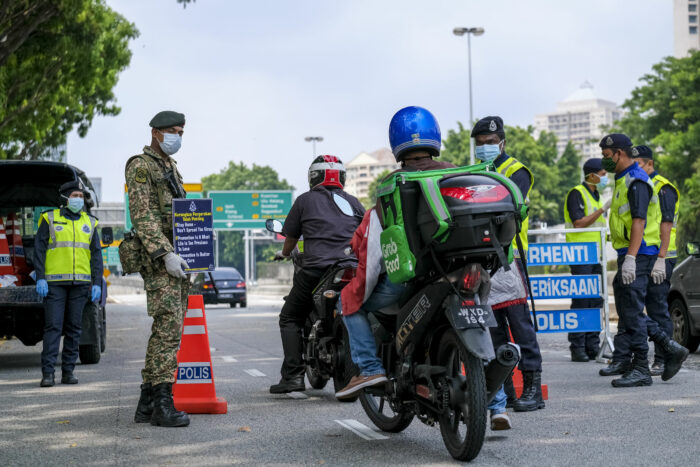
In an effort to curb the spread of COVID-19 in Malaysia, the government has imposed a nationwide movement control order.
Vaccinated employees get 2 days off work in Taiwan

Workers who receive the COVID-19 vaccine will be entitled to two days off work, according to the Central Epidemic Command Center (CECC).
Malaysia imposes MCO with 30% of staff allowed in offices in Selangor

Businesses in six Selangor districts will be allowed to have 30% of staff present in offices from May 6 till May 17 under the latest movement control order.
Rethinking employee engagement and wellbeing for a hybrid workforce

HR Tech Fest Connect 2021 will provide key insights into how organisations can more effectively manage their employees’ mental health and wellbeing.
WFH as default to stop COVID-19 in India, says industry body

Firms should review operations and minimise the use of in-person manpower, limiting it to critical operations or activities required by law.
Singapore cuts back number of staff allowed in the office

In an effort to curb the spread of COVID-19, employers need to reduce the number of staff in the office from the current 75% back to 50%.
Australia may allow employers to require staff to be vaccinated

In a first of its kind, the Fair Work Commission (FWC) has upheld the termination of a childcare worker who had refused to get a flu jab.
Indian government advises staff to WFH

Various departments have asked their employees to report at staggered timings, while those living in COVID-19 containment zones are told to stay home.
Thailand advises those in high-risk areas to work from home for 2 weeks

The Ministry of Public Health’s advisory comes as the number of COVID-19 cases are expected to spike after the Songkran festival.
Hong Kong to relax social distancing measures for vaccinated groups

The government also plans to provide F&B businesses an additional tranche of subsidies under the Anti-Epidemic Fund.
Indonesia union group urges for full payment for Eid allowances

Confederation of Indonesian Workers Unions (KSPI) president Said Iqbal has called for companies to make mandatory full payment for Eid allowances.
